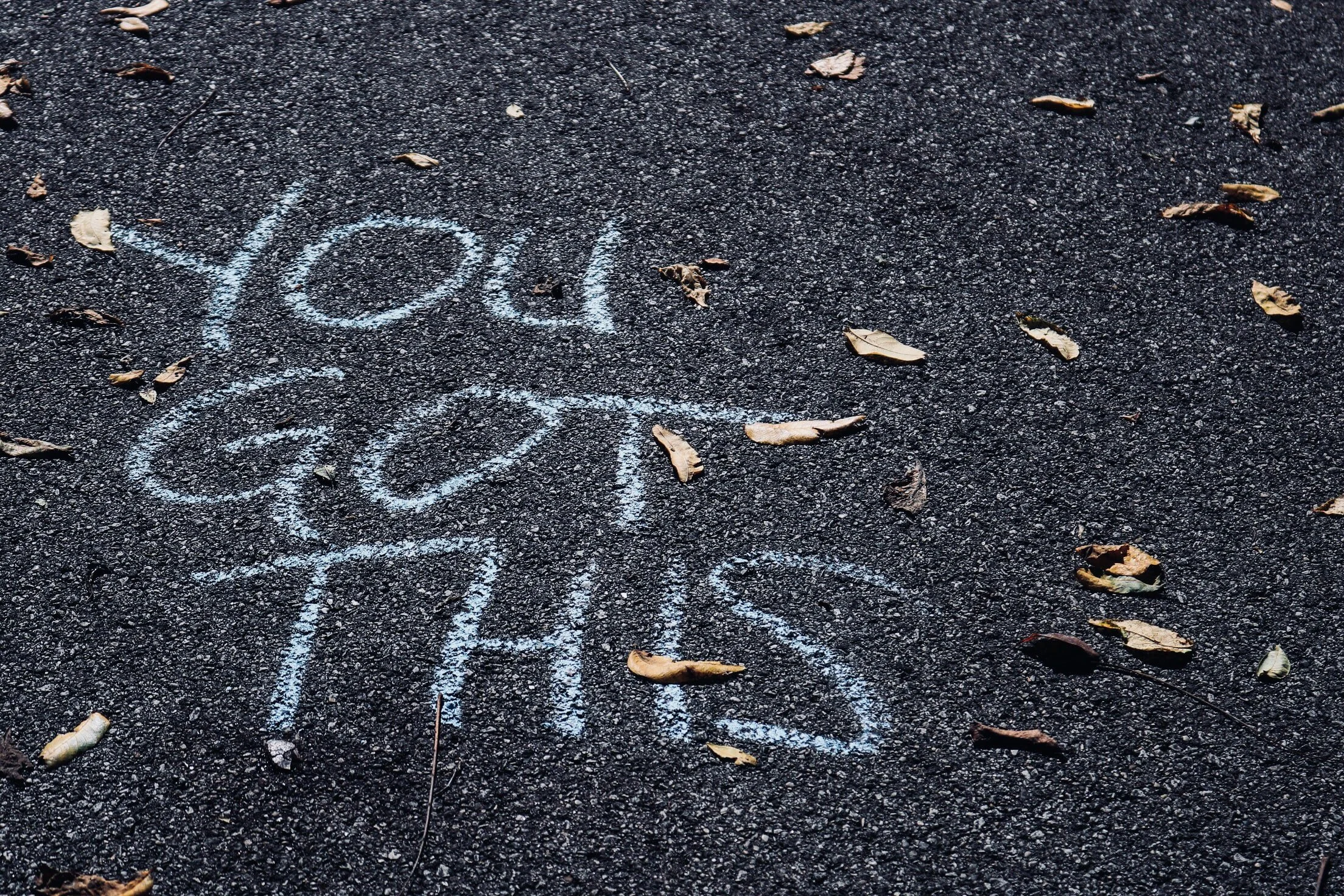Teaching
Media Teaching
I planned, prepared and taught 1 and 2-hour seminars for these undergraduate and postgraduate modules at the University of Sussex. Helping students prepare for the assessments, I held individual and group tutorials. I also marked the different assessments such as portfolios, essays, learning diaries and presentations. For the postgraduate module, I also gave small lectures to begin each of the sessions to give context and introduce the background to each of the weeks.
-

Questioning the Media - Year 1 UG module
This module introduces the study of media forms, texts and systems and their contribution to social life. You will begin to explore the breadth of media studies through attention to the ways in which media matter. In what ways, and how significant are the media in the formation of individual identities and in the practices of everyday life? In the more public world, to what extent are media key to providing knowledge and enabling the debate necessary to the practices of democracy? The module enables you to build on your own experiences of media as a consumer and user. But it also encourages critical attention to how the field of media studies has historically been forged: through argument and contestation between different academic approaches and disciplines.
-

Debates in Media Studies - Year 1 UG module
Throughout this module, you'll encounter some of the most well-known and widely regarded theoretical and critical approaches used in the study of media today. It will help you to identify and analyse the debates circulating around those approaches. In asking ‘what is the subject of media’ and ‘how should we study it?’, different approaches come up with very different answers. Media can be approached as ritual, (global) industry, meaning-maker, technology, dreamworld, everyday life, work place and sensual pleasure machine. Focus can switch from media production and organisation to analysis of media output, from exploration of consumption and use to the bigger issue of media in society.
In carving a way through this complexity, the module will introduce you to a few key frameworks – for example ‘political economy’, ‘critical race studies’, ‘psychoanalysis’, ‘feminist media theory’ – and alert you to how differences of approach have emerged depending on the specific medium or cultural form (radio, TV, cinema, internet, newspaper, advertising, music etc). However, a repeated reference point for the module is the cultural output of media and methods analysis, especially modes of textual analysis.
-

Culture and the Everyday -Year 1 UG module
If the 'everyday' refers to the mundane, the unremarkable – to the forms of life routinely taken for granted – it is also through the practices of everyday life that we experience who we are, how our lives are invested with meanings, and how we engage with change.
In the modern world (especially in the developed north), it's difficult to think about cultures of everyday life without also considering the media and its contribution to the structuring of daily life, its varied use in daily life, and its discursive construction and engagement with aspects of everyday life. We introduce you to critical approaches to everyday life, including those engaging with media, before concentrating on a series of case studies.
Topics are likely to be organised around 'embodiment' and 'mobility' and could include getting dressed, meal times, time for love, driving and shopping. We provide historical and cross-cultural material and encourage study of other cultures. You'll also have the opportunity to reflect on your own experiences.
-

Global News Industries - MA module
This module explores the function, impact and current status of international journalism in an increasingly "deterritorialised" media environment. The module covers a comparative study of different news media systems in the world, the global news flow, institutional and professional issues in international news reporting, and the transformation of international journalism. It also investigates the extent to which the audiences of global journalism might constitute alternative news networks and a putative global public sphere. New technologies from blogging, to multiplatform television, twitter to online distribution have also transformed the way news is made, disseminated and consumed. This module provides a critical consideration of the economics, culture, politics and sociology of journalism on a global, scale. It examines fundamental issues in the theories and practices of journalism and assesses ongoing developments in the area of journalism development, expansion, ethics and policies. The module aims to enable students to understand rapid technological changes and further internationalisation of journalism and the impact and consequences for future of journalism.
-

Researching Media and Communications- Year 2 UG year module
This module introduces you to the importance of studying research methods, enabling you to critically evaluate the work of researchers – and your own. It will also enable students to reflect on the issue of research ethics.
The module is taught through a lecture series plus seminars. The lectures cover quantitative and qualitative approaches commonly used in media and communications, such as questionnaires, content analysis, textual and visual analysis, interviewing, and ethnographic approaches.
The seminars provide you with a general training in these research methods, including research design, collection, analysis and interpretation of data.
Film and TV Teaching
I planned, prepared and taught 1 and 2-hour seminars for these undergraduate modules at the University of Sussex. Helping students prepare for the assessments, I held individual and group tutorials. I also marked the different assessments such as portfolios, essays, learning diaries and presentations.
-

Global Cinema -Year 1 UG module
Global Cinema will develop your understanding of critical issues associated with the study of film as it is practiced outside of the bounds of Europe and North America, as well as the ways it circulates around the world via networks of funding and exhibition. The module focuses on critical theorisation of global film cultures, beginning with the concept of ‘world cinema’ as a distinct category of film in the 1950s and the more contemporary reconsiderations of the idea to encompass global networks of cinema. As we look at distinct contexts and global film cultures, we will be examining and complicating notions of national cinema formations as well as aesthetic and political approaches to cinema that participate in and/or exceed commercial forms and formats. We will be examining a wide variety of modes of film practice, discovering ways in which cinemas “flow” globally, linking industrial, ideological, aesthetic and cultural influences on the medium. We will explore the way in which conceptions of the national within ‘national cinema’ may be intersected by other political and historical forces such as colonialism, race, gender and diaspora. We will also examine the way in which films relate to social and political change, for example struggles associated with post-colonialism and feminism. We will also explore how films function in a global marketplace. The module seeks to introduce students to a broad range of cinema cultures: this term we will study films from China, Algeria-Italy, India, Senegal, Nigeria, Palestine, New Zealand, Argentina, and South Korea.
-

Exploring Film Studies - Year 1 UG module
Exploring Film Studies introduces you to two of the most prevalent critical frameworks within the discipline of Film Studies: Theories of Authorship and Genre. The prevalence of questions regarding authorship and genre in academic, media and everyday discourses suggests the importance of exploring such approaches within the study of film early on in your degree. By introducing you to these critical frameworks the module aims to help you form a solid basis of critical knowledge and inquiry that you will continue to develop throughout your studies (particularly in the core Film Theory module next year).
The module starts by introducing the hugely influential concept of Film Authorship by looking at three case studies - Kathryn Bigelow, Disney and Ava DuVernay. The second part of the module looks at the concept of Genre in Film Studies. In a similar manner to the first part of the module, students will initially be introduced to ideas regarding genre definition and film categorization, thinking in particular of what is the ‘classical’ Western (week 6) and subsequently considering the evolution of genre fuelled by revisionist, hybrid and altogether challenging approaches to the understanding of Western as a genre.
-

TV: Fictions and Entertainments - Year 2 UG module
This module focuses on the textual and contextual study of several of television's key fiction and entertainment genres -soap operas, sitcoms, crime dramas, game shows, reality tv and lifestyle television among others. The focus here is on ‘ordinary’ television that is easily overlooked, but makes up a large proportion of television content. You will be encouraged to explore the defining generic characteristics of these televisual categories, their representational strategies, their ideological implications and their particular pleasures.
English Literature Teaching
-

Children's Literature - Year 1 UG module
For this module I took on convenor responsibilities including redesigning the module based on my research interest in interactive fiction, YA fiction, reader engagement and fan activism. I put together the reading list, build the Canvas page and redesigned the portfolio assessment to include critical, creative and reflective writing. I taught the majority of the module and organised together with other tutors the outline and field trips. I then marked the assessments and provided feedback.
Our most loved books are often those we read in childhood; they stay with us through later life. This module provides a space to think differently when addressing often beloved texts. George Orwell once wrote that ‘many people who would consider themselves extremely sophisticated and “advanced” are actually carrying through life an imaginative background which they acquired in childhood.’ This module examines the political lessons children’s books encode about what childhood is, and about which children matter and why. We will read children’s texts from a range of genres and forms—including fantasy, school stories, picture books, and domestic fiction—written between the late eighteenth century and the present day. We consider issues of agency, gender, race, class, and the environment. The final assessment optionally involves creative writing for children and for your assessed portfolio, you can write in a combination of critical and creative ways, depending on your own preferences. We will consider the role of illustration, watch classic film adaptations, and read seminal works by authors which may include Lewis Carroll, Neil Gaiman, C. S. Lewis, Beatrix Potter and Harriet Beecher Stowe. These works will be illuminated in discussions in small group seminars. We will also conduct three fieldwork trips, which may include a visit to The Foundling Museum in Bloomsbury and the world-famous Victoria & Albert Museum in Kensington, London.
-

Brilliant Club - English Literature Tutoring
As part of the Brilliant Club, I have tutored school pupils across England online in English literature. The sessions were designed to help the students catch up with curriculum materials during the Covid-19 pandemic. I have tutored on Shakespeare, creative and critical writing and analysing poetry.
-

Brilliant Club Own Course - Power of Stories
For the Brilliant Club I have also designed my own course entitled ‘The Mythical Power of Stories: Following the Hero’s Journey in Today’s Popular Narratives’. I created this course based on my research interest in children’s literature and popular narratives and coordinate with the Brilliant Club and local schools to teach this to key stage 4 and 5 students in local schools around Sussex and Kent. The course includes five content sessions and two tutorials to help students individually succeed in their final assessment for the course. This is a 2000 word essay based on the course and their favourite popular narrative.
Other Teaching
-

German Language and Culture
I have taught German language and culture for four years at Bournemouth University. This included optional courses from beginner to advanced, which were voluntary and not assessed. I developed lesson plans, prepared materials and delivered the sessions. I also trained new language teachers as part of the Language Center in Bournemouth.
-

Building Confidence Series
As part of the BA Business and BSc Marketing courses at Bournemouth University, I delivered sessions on Building Confidence in their skills and job search. Together with the convenor I designed the sessions and delivered them as part of their degree.
-

Widening Participation Media and Film Lectures
As part of the Widening Participation outreach programme, I designed and delivered 2-hour lectures to visiting students who are interested in applying for media and film degrees at university level. The session gives a broad introduction to film and media degrees and my own personal journey into higher education. I then go into an interactive lecture based on my research around storytelling structures in popular narratives.
-

Academic Skills Lectures
As part of my role as Academic Skills Adviser at the University of Sussex from 2020-2023, I gave multiple lectures on important academic skills including ‘Managing your Workload’, ‘Preparing for Assessments’ and ‘Effective Seminar Preparation’. They were fully designed by me and gave an overview of tips and tricks that I have tried myself.